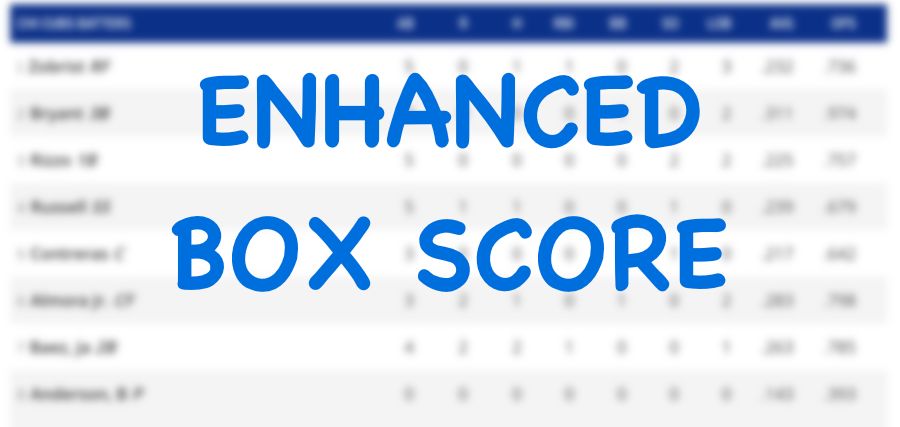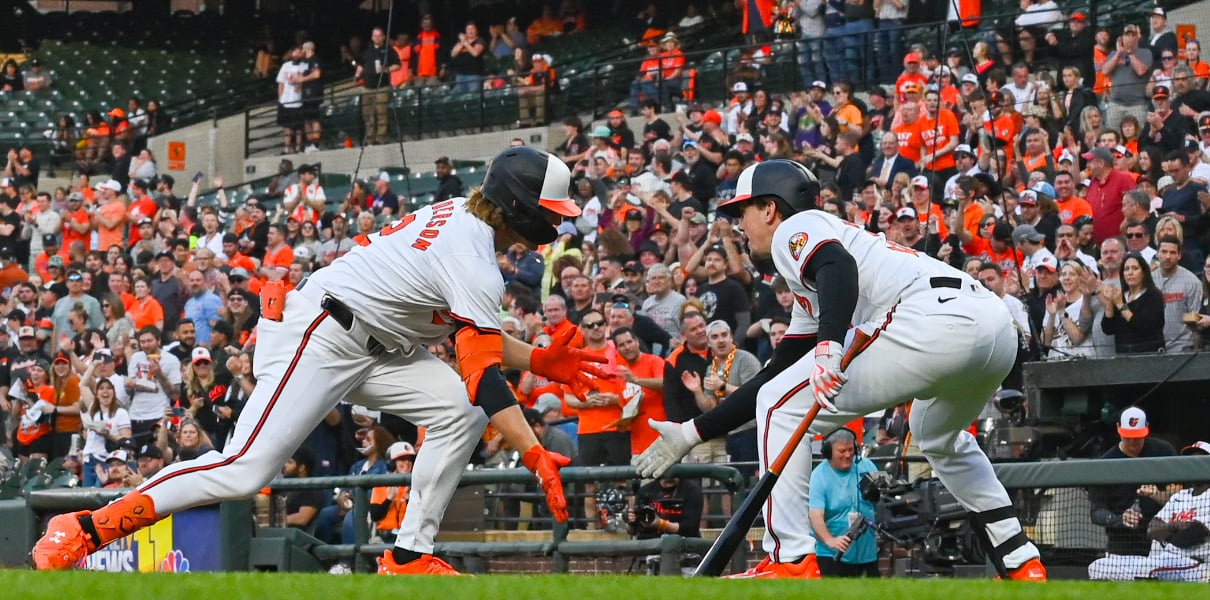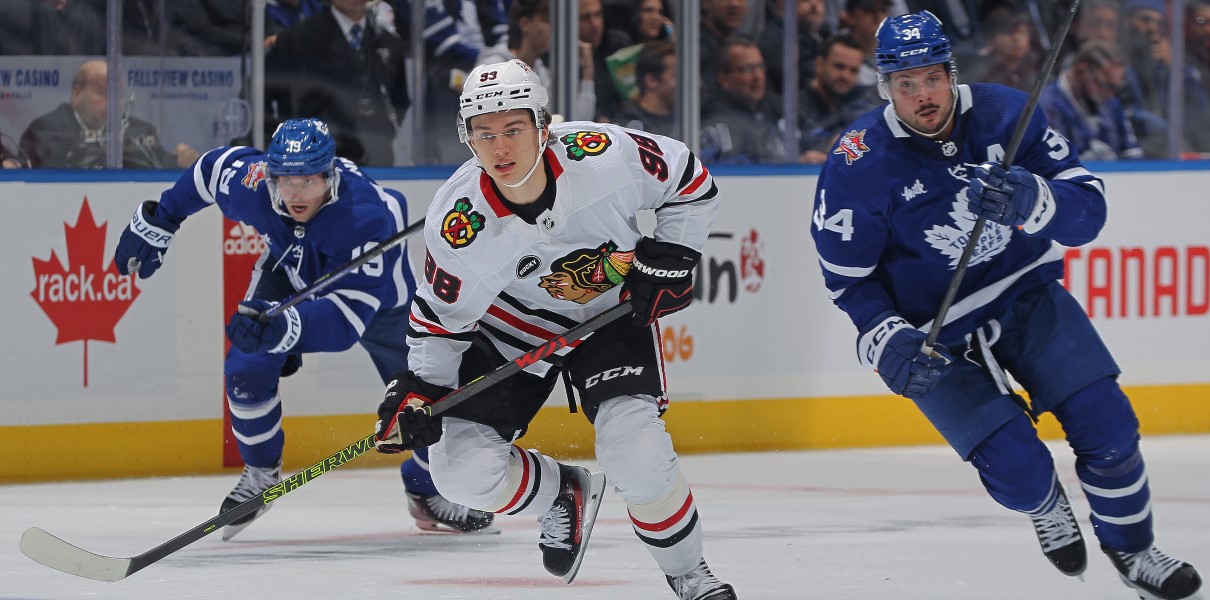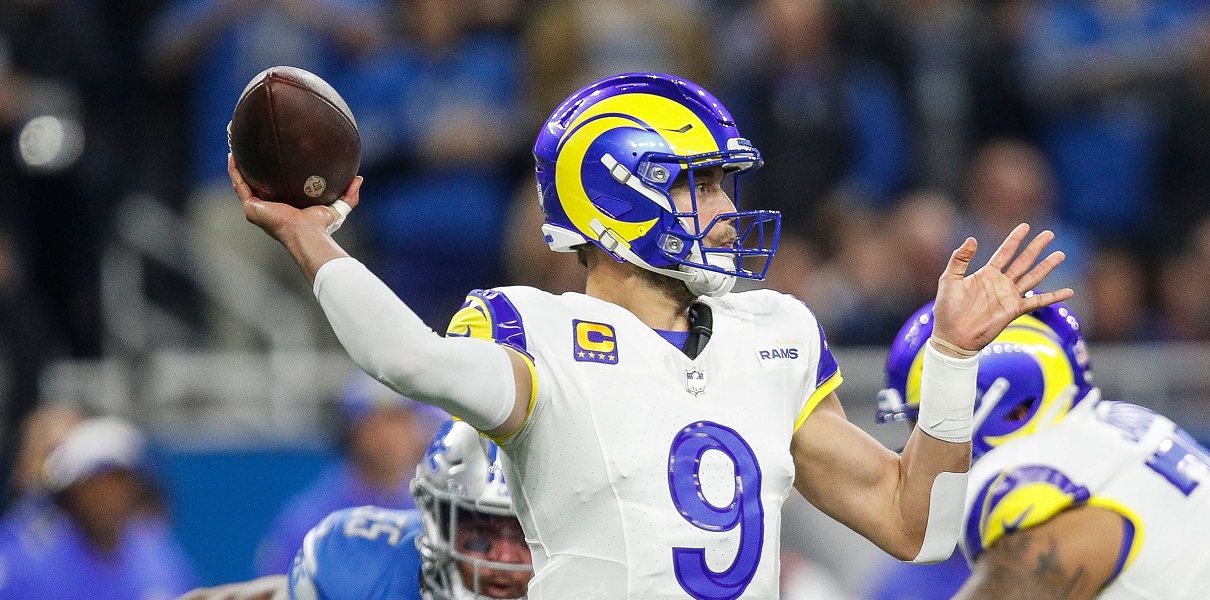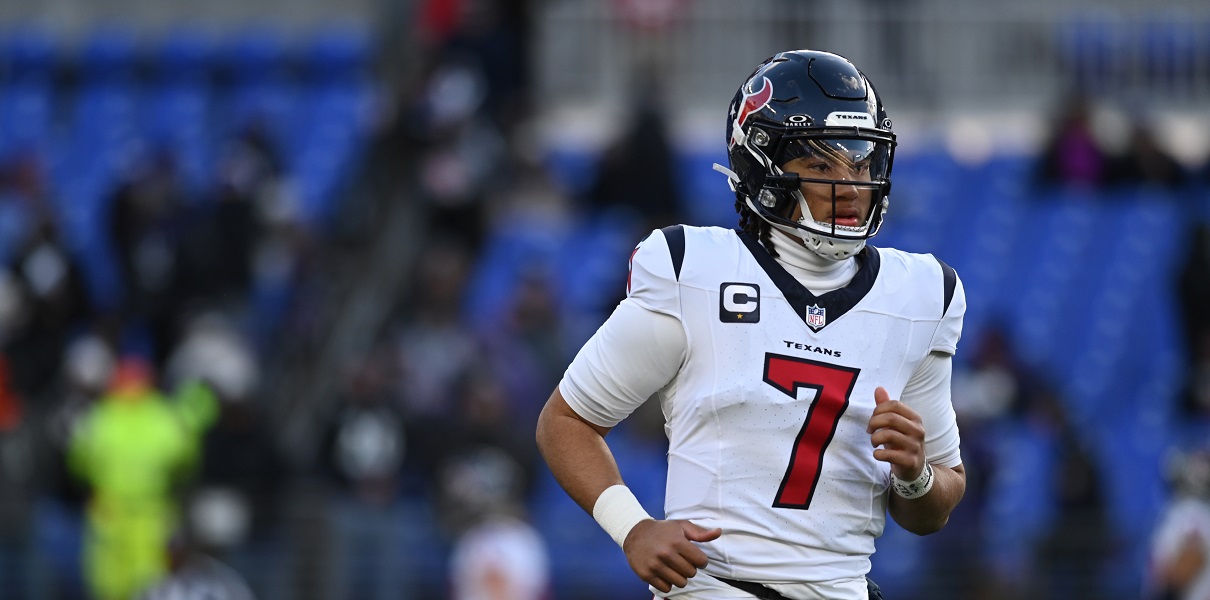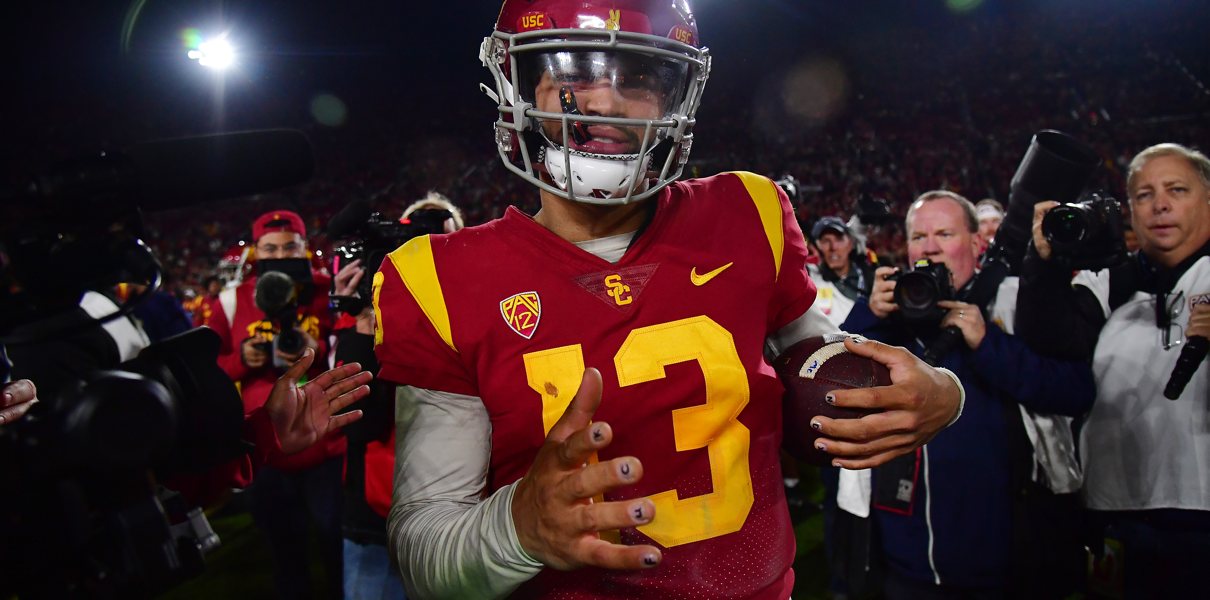There will be no surprise present under the Christmas tree this year, at least to the extent that your preferred gift is a new Collective Bargaining Agreement in MLB. Which it is for me. But I have been naughty this year. We all have. Apparently.
⇒ A new CBA is still a long ways off, and you can add Jeff Passan to the echoing chorus of folks who confirm there will be no meaningful talks until January.
While I'm here:
1) Yes, I'm alive.
2) Miss you guys, too.
3) No, there has been no progress on the labor front. Don't anticipate there will be for a while. Talks will restart in early January. Not much else there.
4) Stay safe and healthy and have a wonderful holiday season.
— Jeff Passan (@JeffPassan) December 23, 2021
⇒ At least he said the word “early” together with January. It always made sense that, if you were locking out the players anyway, talks would be spartan or nonexistent before the holidays. It’s just a natural, human thing to step away and do the holiday thing. I was always prepared for that part. But increasingly, the pessimism on the timeline – and the entrenched sides – have gotten me worried that we wouldn’t even see serious talks until maybe late January, with the sides knowing that February 1 is something of a soft deadline to get a deal done and preserve a normal Spring Training (but those talks would start up too late to actually get a deal done by February 1). If talks do start up in early January – serious talks on substantive economic issues – then maybe February 1 will still be possible.
⇒ Kevin Goldstein, who also says no talks are taking place and have no reason to until next month, is sticking with his recently-changed prediction that some regular season games are lost next year. Right now he’s at 154 games played for a projection.
⇒ Chelsea Janes writes about another element of the economic battle between the players and the owners: the big chunk of players who are making the least money. While Rob Manfred compared how baseball was working well for its top-earners compared to other sports, that doesn’t really tell the whole story. The system might be working, more or less, for the super-est of superstars, but when 60% of the players are making under $1 million in a sport with ever-growing revenues, that’s a big difference among the sports. Of course, the tricky situation for the players there is that it gives the owners an easy argument:
According to people familiar with MLB’s proposals and approach, who spoke anonymously to discuss the matter candidly, MLB’s negotiators are open to changing the way younger players are compensated but do not necessarily believe players need to receive a bigger share of the revenue pie to rectify those disparities. The union, meanwhile, wants to change the way players are compensated in large part by injecting a greater percentage of revenue back into player compensation — helping those at the bottom without costing those at the top.
In the broadest possible terms, the difference can be distilled to this: MLB argues that the owners are putting enough revenue into player compensation but that mechanisms need to be implemented to make sure more of it goes to younger players and those in baseball’s middle class. Manfred and the owners are largely proposing structural changes that address player concerns such as competitive balance but that do so by limiting spending at the top to fund more spending in the middle — taking the same financial pie but slicing it differently.
⇒ There is probably some truth to both perspectives, to be honest: that the players deserve to be getting a bigger slice of the pie, but also their slice could probably be a little better divided among players. I tend to think working on the luxury tax and revenue-sharing among the teams, in tandem with working on arbitration/minimum salary/free agent eligibility, could accomplish both things at once, but I know that’s a lot easier said than actually bargained.
⇒ The article is a good read on the many economic issues the sides face (though I do want to re-emphasize the luxury tax issues we discussed yesterday, which I do tend to think is a very significant element of this negotiation).









